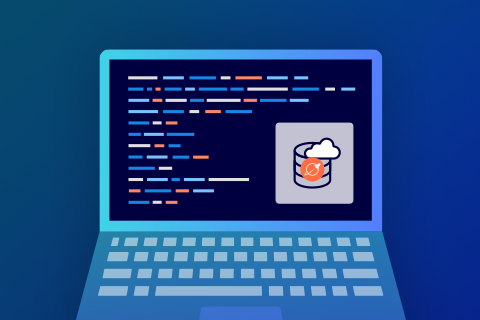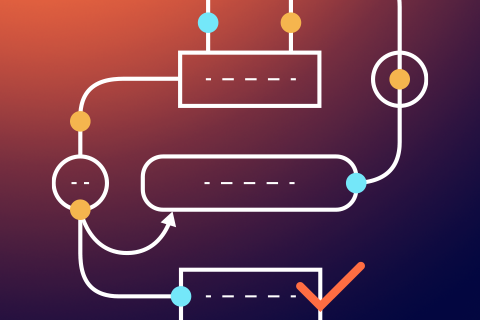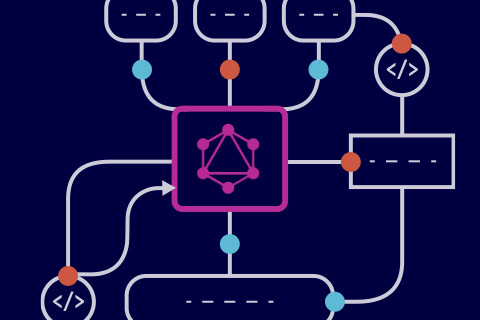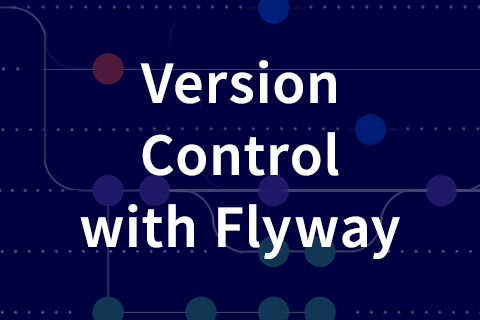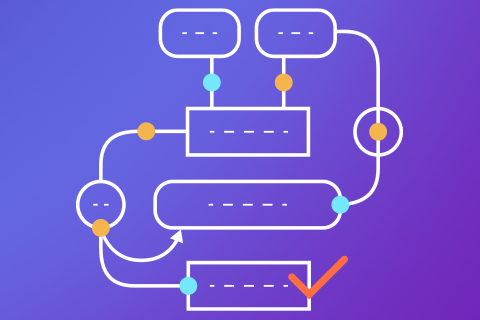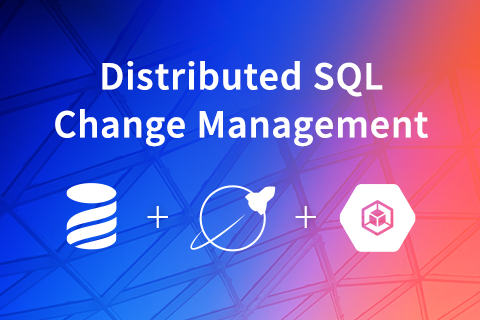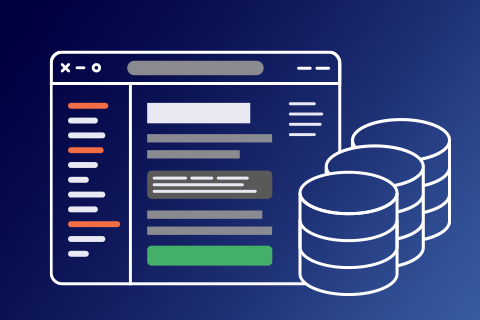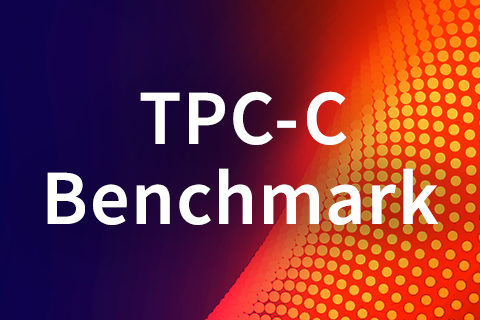My Time as a Yugabyte Software Engineering Intern
February – A Unique Introduction
It was late February, and I had spent the past several weeks learning everything I could about the distributed database ecosystem. As an intern on the Investment Team at 8VC, I had gotten the chance to work on technical due diligence under Partner & CTO Bhaskar Ghosh, taking a multitude of pitches every week and constantly shifting contexts. One of those companies speaking with us was Yugabyte,
…
